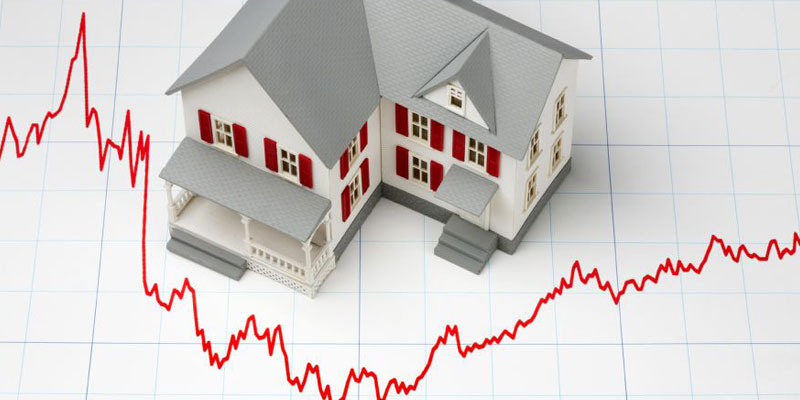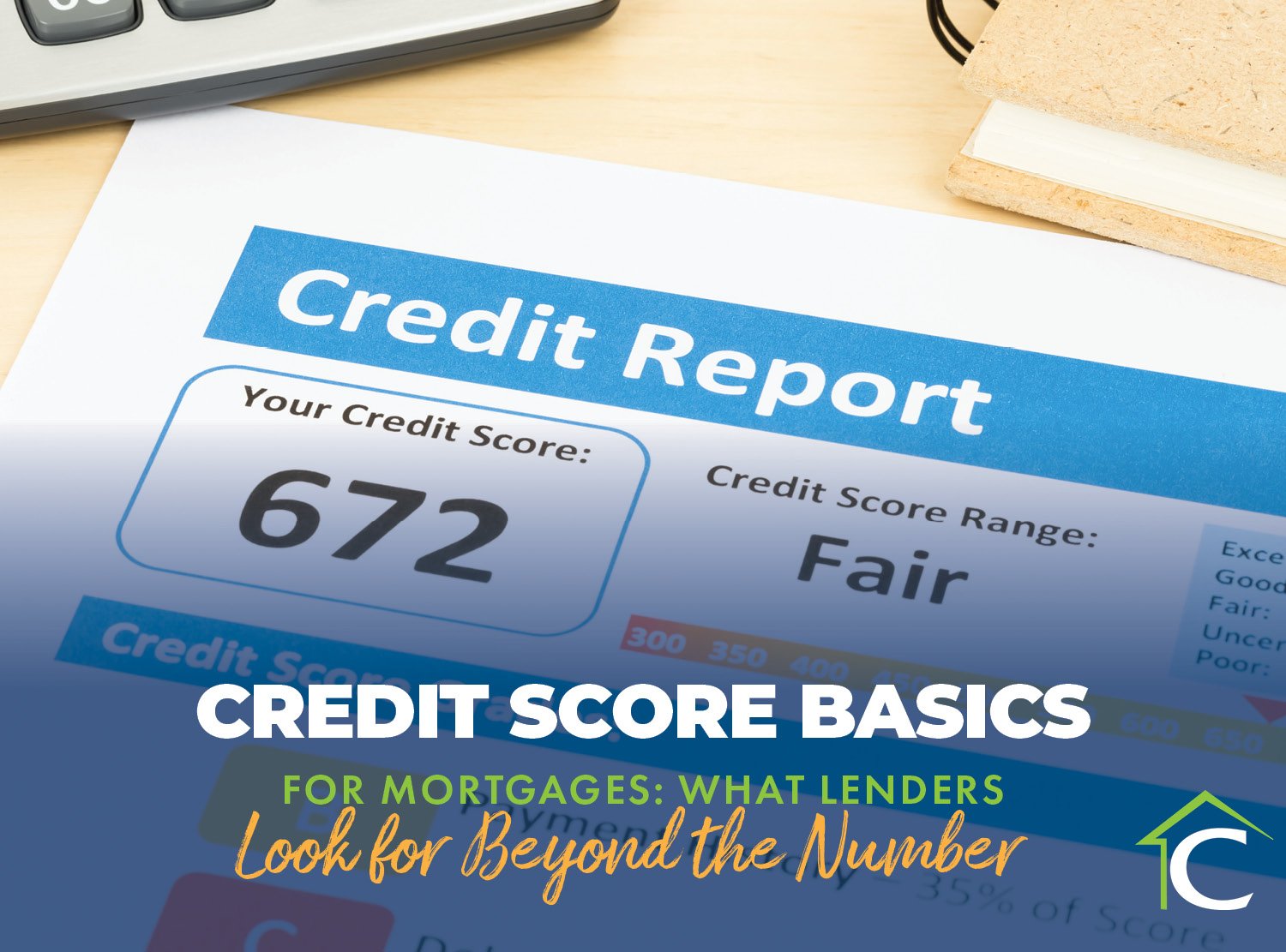Part of the process in securing home financing is locking in your mortgage rate. Your mortgage rate is the interest rate charged by your mortgage lender. Rates are offered in increments of eighths. Although an eighth of a percent might seem to be a small amount, over the length of a thirty year mortgage, it can mean thousands of dollars. Therefore, it’s important to keep an eye on rates when you are shopping for a loan.
Locking in a mortgage rate is always a gamble. No one knows for sure what the rate fluctuations might be, even within the same day. However, there are some tell-tale signs that rates will either drop or be raised that industry experts recognize through their years of experience with the markets.
You can lock in your mortgage rate at any time during the application process. It’s usually best to wait until after the house you are buying has been found and a contract has been signed. This will give you and your mortgage advisor more time to keep an eye on the rate fluctuations and will decrease the chance that you will have to pay for a rate extension if the process of purchasing the home happens to take longer that the allotted standard 60 day lock-in period.
Mortgage interest rates generally follow the bond market. Savvy mortgage advisors follow the bond market and use it as a predictor of whether rates will increase or decrease during a certain time period. Typically, when the bond yields increase, it is a sign that mortgage interest rates will likely decrease.
Other factors that determine mortgage interest rates are Fed policy, FNMA (FannieMae) coupon delivery, global economic policy, mortgage-backed securities, and monetary trends in the dollar compared to other currencies. A general rule of thumb is that the better the stock market fares, the worse rates will get (and vice versa), based on the supply and demand from institutional investors.
Of course, mortgage interest rates are determined by a number of varying factors, making knowing exactly when to lock in an imperfect science. Although your mortgage loan originator can offer observations and suggestions, it is ultimately up to the home buyer to decide.
No one can predict mortgage rates and if there was a secret sauce that knew the optimal time to lock every time, it would be very expensive and sought-after sauce. Home buyers would do best to work with an experienced lender they trust, to follow industry trends, the stock and bond markets, and to listen to their gut instincts. And when all else fails, they can always refinance to a lower rate in the future.


















